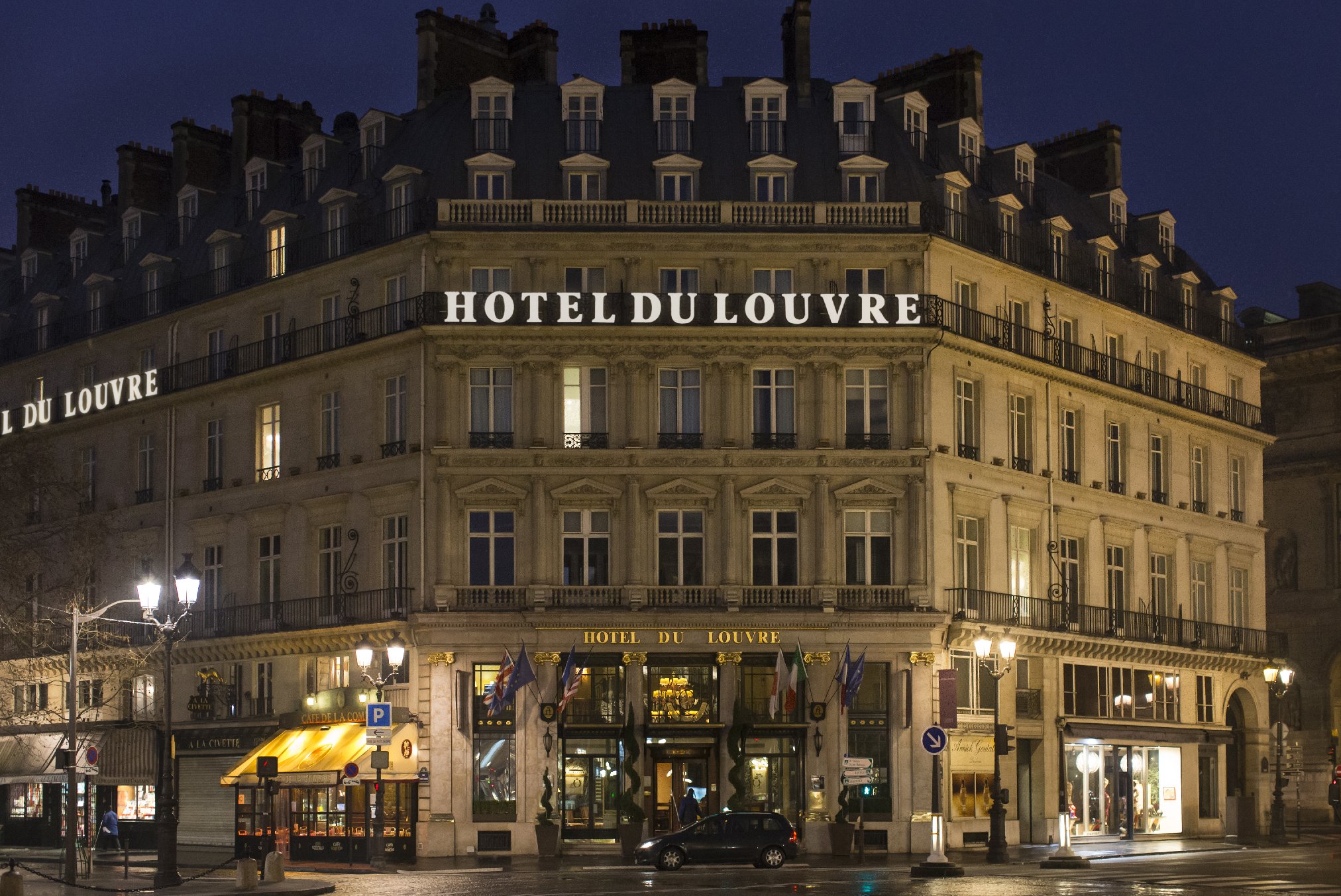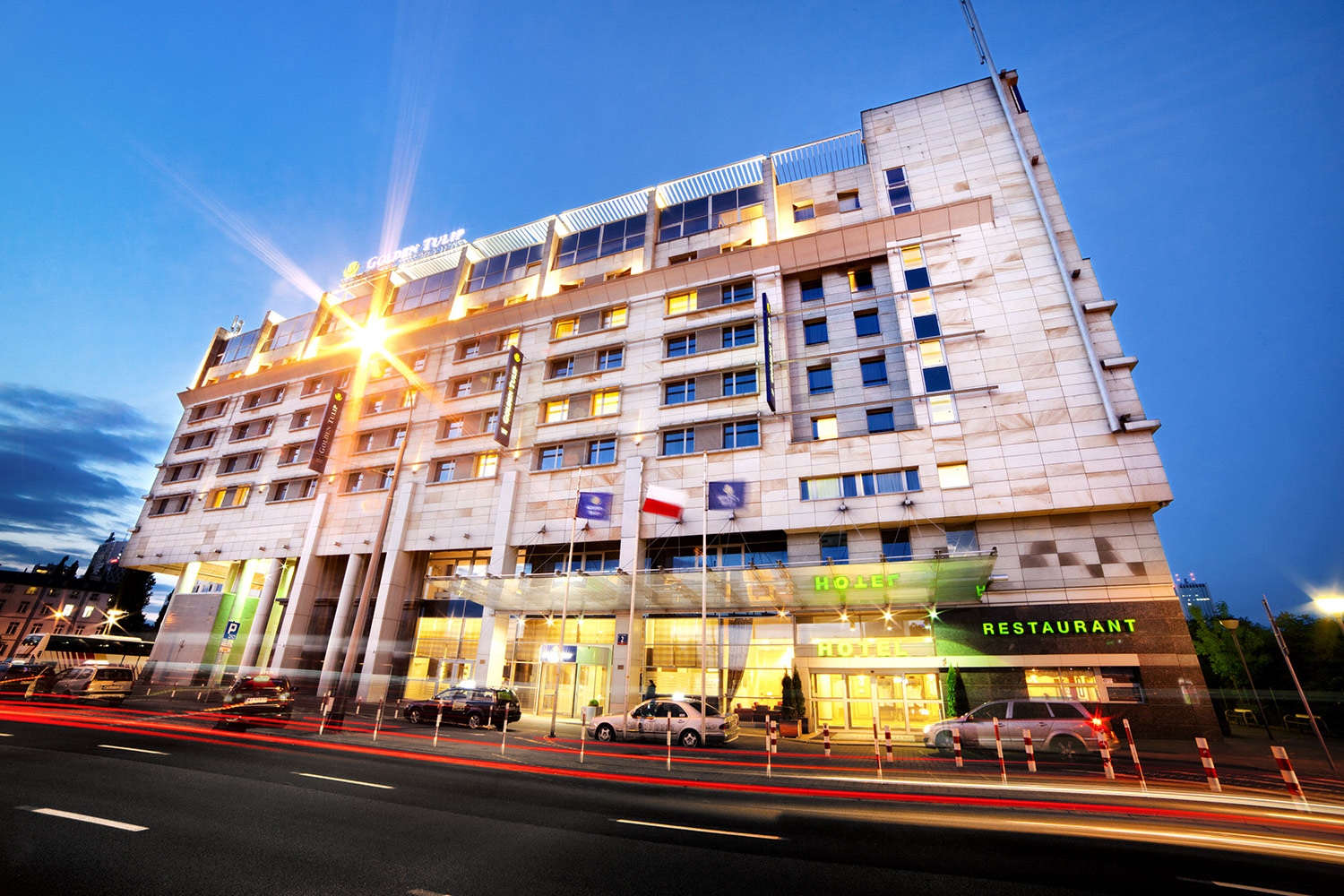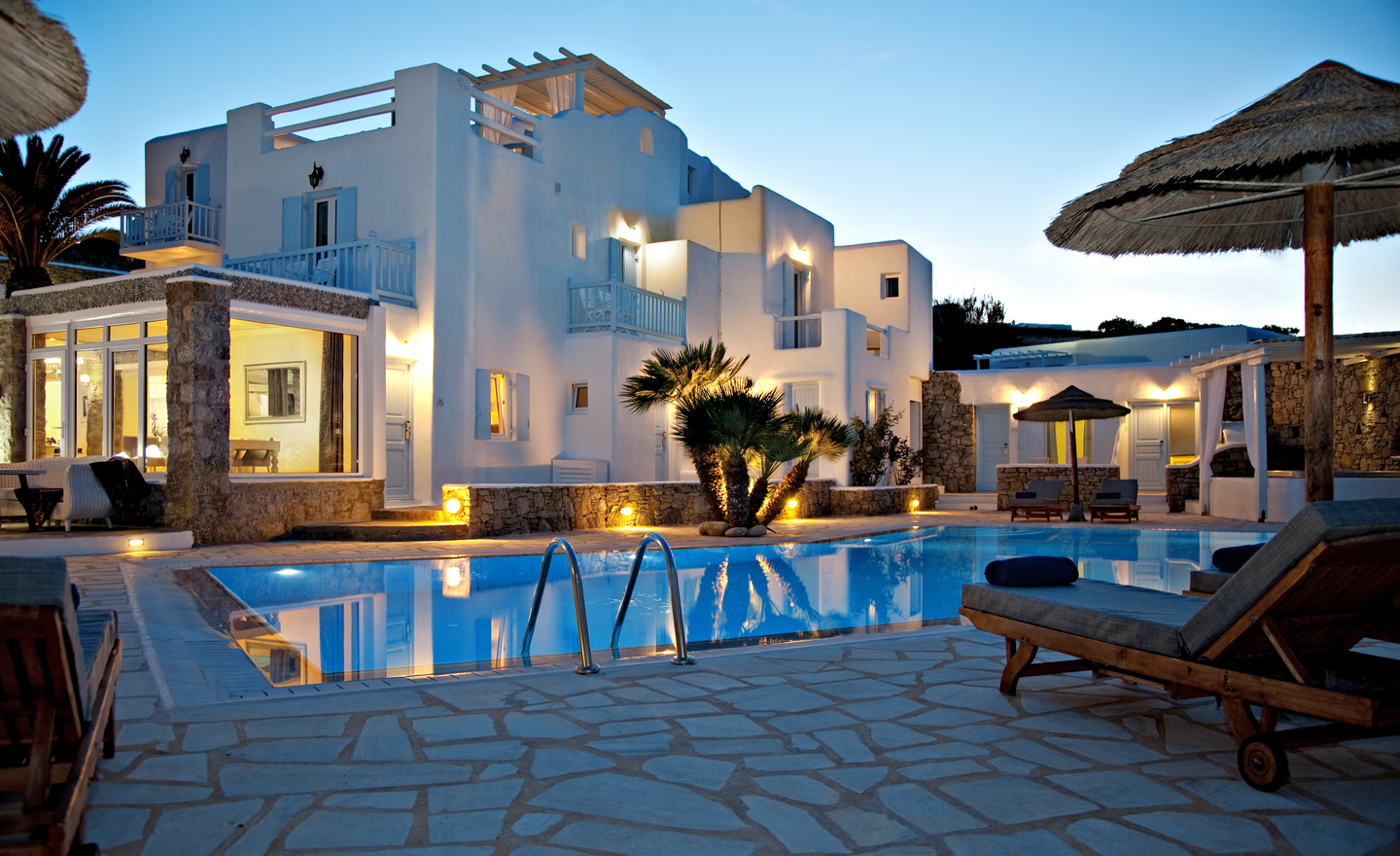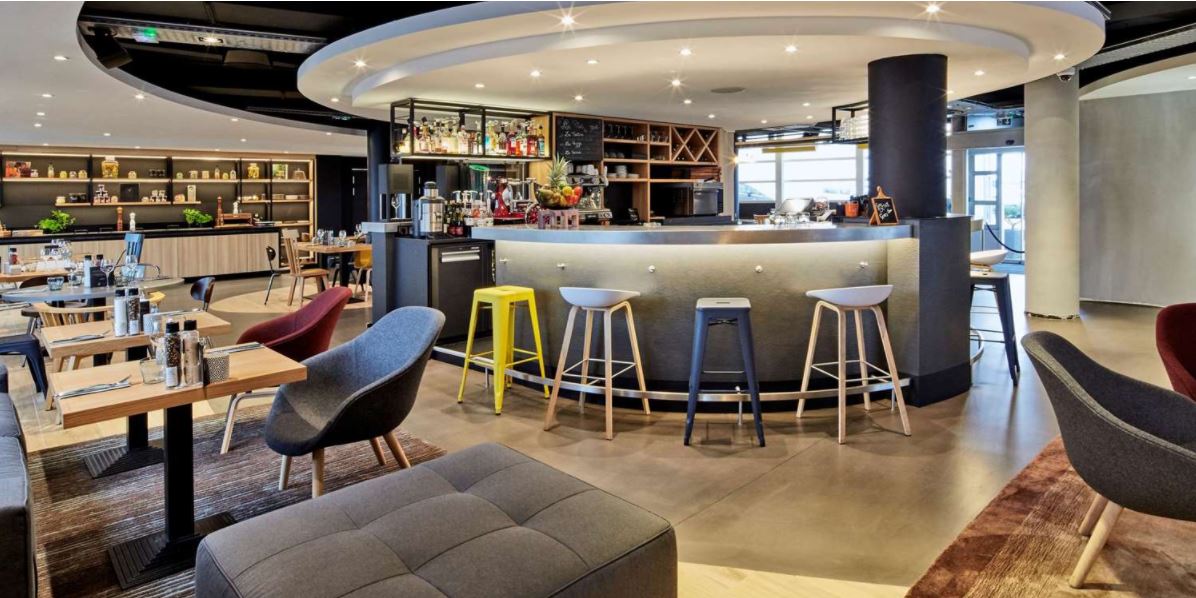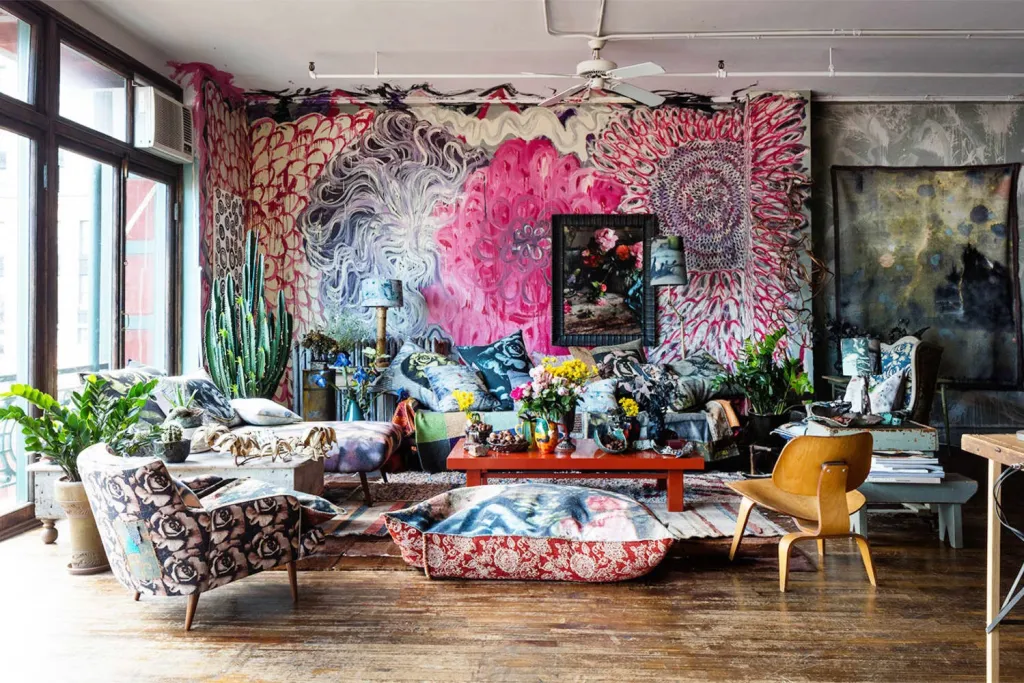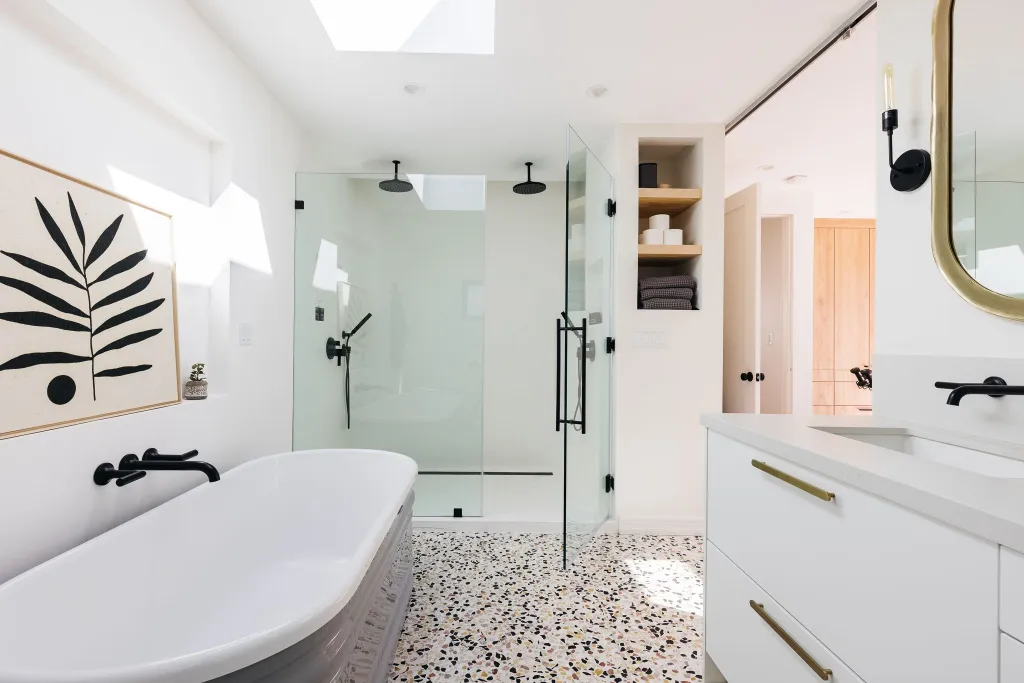Introduction of Louvre Hotels
Louvre Hotels Group is a global hospitality company that owns, manages, and franchises a portfolio of hotel brands across different segments, including luxury, upscale, midscale, and economy. Founded in 1976 and headquartered in Paris, France, the company operates in over 50 countries, with more than 1,500 hotels and over 150,000 rooms.
The company’s portfolio of brands includes well-known names such as Golden Tulip, Campanile, Kyriad, Royal Tulip, and Tulip Inn, each with a distinct positioning and target audience. Louvre Hotels Group is committed to providing guests with high-quality, affordable accommodation and personalized service, whether they are traveling for business or leisure.
In addition to its owned and managed hotels, Louvre Hotels Group has a robust franchise program that allows owners and operators to leverage the company’s extensive hospitality expertise and benefit from its global distribution network. Louvre Hotels Group is a subsidiary of Jin Jiang International Holdings Co., Ltd, one of the largest hotel companies in the world, based in China.
Portfolio of products and services
Louvre Hotels Group offers a range of hotel brands across different segments to cater to the diverse needs and preferences of travelers. Here is an overview of the company’s portfolio of products and services:
- Luxury Hotels: The Royal Tulip brand offers luxurious accommodation with high-end amenities, personalized service, and elegant design. These hotels are typically located in prime city or resort destinations.
- Upscale Hotels: The Golden Tulip brand offers four-star hotels with a focus on delivering a comfortable, modern, and memorable experience to guests. These hotels are ideal for both leisure and business travelers and are located in strategic locations worldwide.
- Midscale Hotels: The Kyriad brand is a mid-range hotel offering that combines comfort, convenience, and affordability. These hotels offer modern amenities, comfortable rooms, and personalized service.
- Economy Hotels: The Campanile brand is a budget-friendly hotel offering that provides basic accommodation with all the essentials needed for a comfortable stay. These hotels are ideal for travelers on a budget who are looking for value for money.
- Franchise Program: Louvre Hotels Group has a robust franchise program that allows owners and operators to benefit from the company’s extensive hospitality expertise, global distribution network, and marketing support. The program offers a range of benefits, including training, operational support, and access to the company’s technology platforms.
Louvre Hotels Group also offers additional services to guests, such as meeting and event facilities, restaurants and bars, fitness centers, and free Wi-Fi. The company is committed to delivering high-quality accommodation and personalized service to all its guests.
Louvre Hotels Group’s Approach to Hospitality
Louvre Hotels Group’s approach to hospitality is centered around delivering high-quality, personalized service and creating memorable experiences for guests. The company believes in a guest-centric approach that focuses on understanding and meeting the needs of its customers.
Here are some key aspects of Louvre Hotels Group’s approach to hospitality:
- Customer Service: Louvre Hotels Group places a high emphasis on customer service, training its staff to provide personalized, attentive service to guests. The company aims to create a welcoming and warm atmosphere that makes guests feel at home.
- Innovation: Louvre Hotels Group is committed to innovation and staying ahead of the curve in terms of technology and service offerings. For example, the company has implemented a mobile check-in process in some of its hotels to streamline the guest experience.
- Sustainability: Louvre Hotels Group is committed to operating sustainably and reducing its environmental impact. The company has implemented several eco-friendly initiatives, such as reducing water consumption and waste, and increasing the use of renewable energy sources.
- Partnership: Louvre Hotels Group believes in building strong partnerships with its stakeholders, including employees, franchisees, suppliers, and local communities. The company fosters open communication, collaboration, and mutual respect to create a positive work culture and community impact.
- Flexibility: Louvre Hotels Group recognizes that each guest has unique needs and preferences. The company aims to provide flexible service offerings that can be tailored to meet the specific needs of individual guests.
Overall, Louvre Hotels Group’s approach to hospitality is focused on creating a positive guest experience through high-quality service, innovation, sustainability, partnership, and flexibility. The company aims to differentiate itself in the market by providing a personalized, value-driven service that meets the evolving needs of its customers.
Industry Trends and Challenges
The hospitality industry is constantly evolving, with new trends and challenges emerging every year. Here are some of the key industry trends and challenges that Louvre Hotels Group and other players in the market are currently facing:
- Technology: Technology is rapidly changing the way that people book and experience travel. The rise of online travel agencies (OTAs) and sharing economy platforms has increased competition and put pressure on traditional hotel brands to adopt new technology solutions to stay competitive.
- Changing Consumer Preferences: Consumer preferences are constantly evolving, with travelers increasingly seeking unique and authentic experiences. Many travelers are also looking for sustainable and eco-friendly accommodations and are willing to pay more for hotels that prioritize sustainability.
- Economic Uncertainty: Economic uncertainty, including the impact of the COVID-19 pandemic, has had a significant impact on the hospitality industry. Hotel occupancy rates and revenue have been affected, and many hotel brands have had to adapt to the changing landscape by implementing new safety protocols and offering flexible booking options.
- Rising Labor Costs: Labor costs are a significant expense for hotels, and rising minimum wages and labor shortages can put pressure on profitability. This has led many hotel brands to explore new labor models, such as outsourcing and automation, to reduce costs.
- Industry Consolidation: The hospitality industry has seen a trend towards consolidation, with larger hotel brands acquiring smaller brands to expand their reach and market share. This can make it challenging for smaller brands to compete in the market.
- Emphasis on Health and Safety: The COVID-19 pandemic has brought health and safety to the forefront of travelers’ minds, and hotel brands have had to implement new protocols and procedures to ensure the safety of their guests and staff. This has required significant investment in technology and training for many hotels.
Overall, Louvre Hotels Group and other players in the hospitality industry are facing a complex and rapidly changing landscape. To stay competitive, hotel brands must be agile, innovative, and responsive to changing consumer preferences and industry trends.
Louvre Hotels Group’s Global Presence
Louvre Hotels Group has a strong global presence, with hotels in more than 50 countries across Europe, Asia, Africa, and South America. As of 2021, the company operates over 1,600 hotels and more than 240,000 rooms worldwide, making it one of the largest hotel groups in the world. Here are some key aspects of Louvre Hotels Group’s global presence:
- Geographic Footprint: Louvre Hotels Group has a diverse geographic footprint, with a strong presence in Europe, particularly France, as well as in emerging markets such as China, India, and Brazil.
- Brands: Louvre Hotels Group has a portfolio of brands that cater to a range of customer segments, from budget-friendly hotels to luxury properties. The company’s brands include Campanile, Kyriad, Tulip Inn, Golden Tulip, Royal Tulip, and Première Classe, among others.
- Expansion: Louvre Hotels Group has ambitious expansion plans, with a goal of opening 1,000 new hotels by 2023. The company is focused on expanding its footprint in Asia, particularly in China and India, as well as in emerging markets in Africa and South America.
- Partnerships: Louvre Hotels Group has formed strategic partnerships with local players in many of the markets in which it operates, including franchisees and joint venture partners. These partnerships help the company to navigate local regulations, cultural differences, and market dynamics.
- Customer Focus: Louvre Hotels Group places a high emphasis on understanding and meeting the needs of its customers in each market where it operates. The company aims to provide a personalized, value-driven service that meets the unique needs and preferences of each customer segment.
Overall, Louvre Hotels Group’s global presence is a key factor in its success as a hotel group. The company’s diverse geographic footprint, strong brand portfolio, expansion plans, partnerships, and customer focus help it to stay competitive in a constantly evolving industry.

